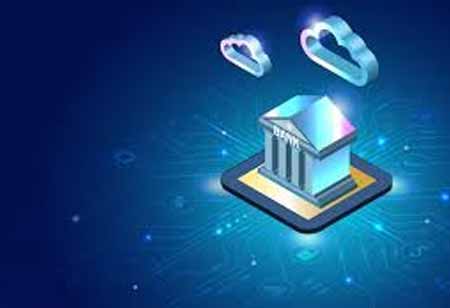THANK YOU FOR SUBSCRIBING

By
Banking CIO Outlook | Wednesday, February 15, 2023
Stay ahead of the industry with exclusive feature stories on the top companies, expert insights and the latest news delivered straight to your inbox. Subscribe today.
Latin America is trying to set rules and limits for fintechs and digital banks to protect their customers' money, data, and, in turn, their economies.
FREMONT, CA: In Latin America, fintechs like neobanks and digital wallets are becoming increasingly important. Fintechs use software, algorithms, and mobile or computer structures apps to help with banking and financial services, like online banking or payment apps. It's important to note that traditional banks are also leveraging this new digital way of banking and finance. Digital divisions of conventional banks, which usually work as a subsidiary or joint ventures, were responsible for bank websites.
In this way, neobanks, sometimes called challenger banks, can consider fintechs that offer a platform, app, software, algorithm, or technological process that lets users do online banking without having a single physical branch. Neobanks don't have a license to be a bank. Depending on their jurisdiction, they can only do things that are allowed by their legal structure. Digital wallets are online services that let people or businesses do transactions electronically by storing their payment information to connect to the payment system and make a purchase or transfer. So, the term "digital bank" includes all the above meanings.
Digital banks are changing the banking industry in many ways. These digital banks (including neobanks, digital wallets, and fintechs in general) try to improve banking and financial services by improving user experience (UX) and banking as a service (BaaS) solutions. With BaaS, a bank can offer its customers a wide range of banking services under a single brand, thanks to technology. Digital banks can be disruptive on their own, and they are.
Brazil and Mexico have the most fintechs, digital banks, and other institutions like them, and their digital banking markets are the most competitive in Latin America. But in a time of fast change, companies always develop new ideas, and regulations may need help. Even though most people think these new ideas are good, some risks come with them. One is the chance that consumers will be taken advantage of by fraud or even Ponzi schemes. Bankruptcy is another risk.
THANK YOU FOR SUBSCRIBING
Be first to read the latest tech news, Industry Leader's Insights, and CIO interviews of medium and large enterprises exclusively from Banking CIO Outlook
I agree We use cookies on this website to enhance your user experience. By clicking any link on this page you are giving your consent for us to set cookies. More info



